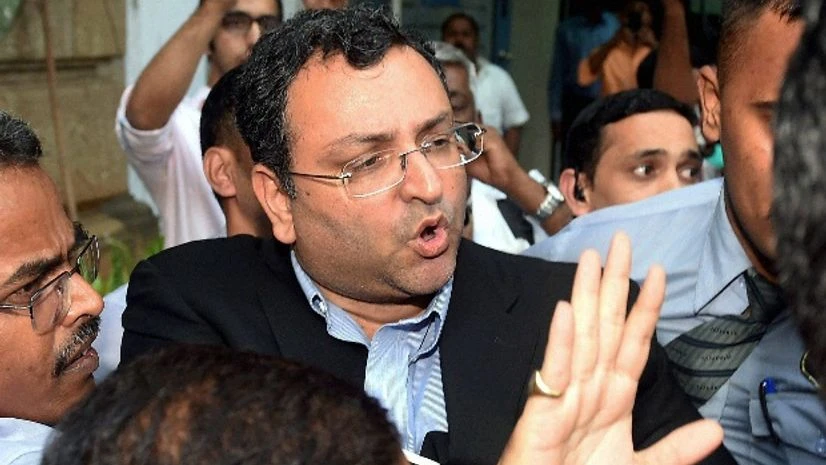In a strong rebuttal of Cyrus Mistry’s charges, Tata Sons accused the ousted chairman of doing little to improve the performance of the operating companies, which hurt the dividend income of Tata Sons.
If dividends from TCS are excluded, dividends from other 40 companies (many non-dividend paying) declined from Rs 1,000 crore in 2012-13 to Rs 780 crore in 2015-16, Tata Sons said in a 9-page letter released on Thursday.
The figures for 2015-16 include additional interim dividend of Rs 100 crore, which would have been normally received in 2016-17 (due to budgetary changes). This reflects the decline in profits of operating companies from which dividends were paid during the past four years.
Also Read
Tata Sons is the promoter of the operating Tata companies and holds significant stakes in them. About 66 per cent of Tata Sons is held by philanthropic trusts, which fund NGOs in health, education, and livelihoods. A fall in Tata Sons’ income hurts the Trusts’ ability to fund these causes.
While dividend income from other companies was declining, expenses (other than interest on debt) on staff increased from Rs 84 crore to Rs 180 crore, while other expenses increased from Rs 220 crore in 2012-13 to Rs 290 crore in 2015 (excluding exceptional expenses), the Tatas alleged.
“There was little or no profit on sale of investments during these years, i.e. no significant divestments from Tata Sons’ portfolio, despite a planned list of divestments indicated from time to time,” it said.
Impairment provisions increased fromRs 200 crore in 2012-13 toRs 2,400 crore in 2015-16, indicating inability to stem falling values and turn around the ‘hot spots’ referred to by Mistry.
Thus, but for the TCS dividend and even before impairment provisions, Tata Sons would have shown operating losses over the past 3 years (with a small surplus in between), showing the significant dependence on TCS. This dependence was a source of concern for the director and shareholders, Tata Sons said in the statement.
“The stellar performance of TCS and JLR have more than compensated for the drop in returns in the other operating companies under Mistry’s tenure. Some strategic initiatives have been articulated repeatedly but the implementation is too slow to show results,” Tata Sons stated.
READ OUR FULL COVERAGE
READ OUR FULL COVERAGE

)
